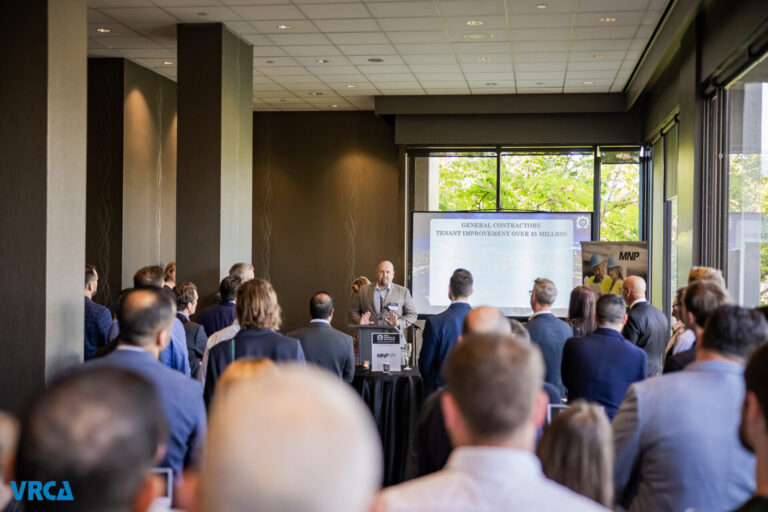The University of Toronto’s Infrastructure Institute released its latest research paper, Land Value Capture Study – Paying for Transit-Oriented Communities. The report examines the potential for land value capture (LVC) tools to fund costly upfront capital costs and related infrastructure essential for transit and transit-oriented communities.
“Innovative and strategic solutions are necessary at a time when Canada needs to build more infrastructure and do it better, especially when municipalities are challenged by significant fiscal uncertainty,” said report authors Matti Siemiatycki, Drew Fagan and Robert Nutifafa Arku.
The report outlines how land value capture can be a strategic tool for Canadian cities seeking to leverage and expand the benefits of major transit investment.
“As development-based approaches to LVC become more widely used in Canada following international best practices, there is a role for public agencies and impact investors to use LVC as a means to accelerate infrastructure and enhance the public interest,” the authors noted.
Key highlights from the study include:
- Land value capture remains under-utilized in Canada to finance transit infrastructure through market-driven approaches.
- Public institutions could accelerate integrated infrastructure, which is at the core of complete communities, by investing up front in the capital costs of transit stations and associated infrastructure at key locations, and be partially repaid over time through private development revenues.
- Collaboration among transit agencies, municipalities, developers and public investors like the Canada Infrastructure Bank (CIB) will be critical to making the most of this financing tool.
The study was funded by the CIB and outlines how it could play a key role in sharing risk and leveraging private capital to expand LVC.
“As an impact investor, the CIB is financing our nation’s next generation of infrastructure. We have a target to invest $5 billion towards accelerating public transit infrastructure across the country. The report outlines how land value capture is a strategic tool to fund the transit infrastructure that Canadians need,” added Ehren Cory, Chief Executive Officer of the CIB.
Matti Siemiatycki is a professor in the Department of Geography & Planning at the University of Toronto and Director of the Infrastructure Institute at the School of Cities. Drew Fagan is a professor at the Munk School of Global Affairs and Public Policy at UofT and a special advisor at the Infrastructure Institute. Robert Nutifafa Arku is a PhD student in the Department of Geography & Planning and a research fellow at the Infrastructure Institute.)
Featured image: (University of Toronto Infrastructure Institute)











